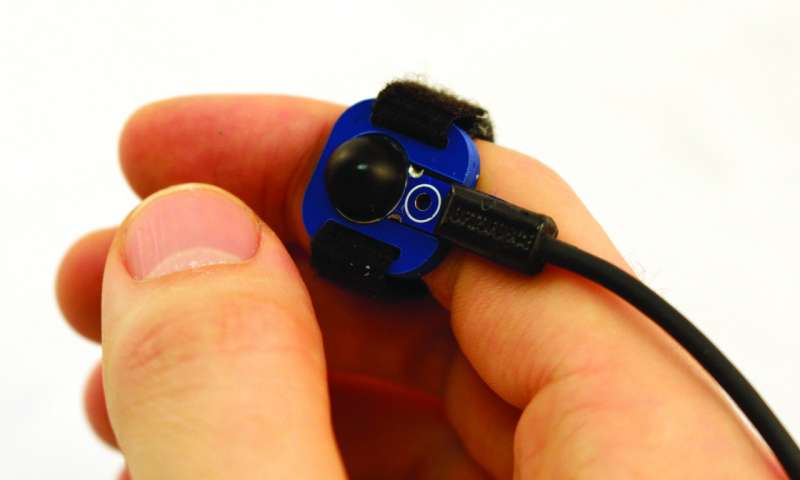
- Image via Wikipedia
Offering a cash prize to encourage innovation is all the rage. Sometimes it works rather well
A CURIOUS cabal gathered recently in a converted warehouse in San Francisco for a private conference. Among them were some of the world’s leading experts in fields ranging from astrophysics and nanotechnology to health and energy. Also attending were entrepreneurs and captains of industry, including Larry Page, the co-founder of Google, and Ratan Tata, the head of India’s Tata Group. They were brought together to dream up more challenges for the X Prize Foundation, a charitable group which rewards innovation with cash. On July 29th a new challenge was announced: a $1.4m prize for anyone who can come up with a faster way to clean oil spills from the ocean.
The foundation began with the Ansari X Prize: $10m to the first private-sector group able to fly a reusable spacecraft 100km (62 miles) into space twice within two weeks. It was won in 2004 by a team led by Burt Rutan, a pioneering aerospace engineer, and Paul Allen, a co-founder of Microsoft. Other prizes have followed, including the $10m Progressive Automotive X Prize, for green cars that are capable of achieving at least 100mpg, or its equivalent. Peter Diamandis, the entrepreneur who runs the foundation, says he has become convinced that “focused and talented teams in pursuit of a prize and acclaim can change the world.”
This might sound like hyperbole, but other charities, including the Gates Foundation, have been sufficiently impressed to start offering their own prizes. An industry is now growing up around them, with some firms using InnoCentive, an online middleman, to offer prizes to eager problem-solvers. Now governments are becoming keen too. As a result, there is a surge in incentive prizes (see chart).
Such prizes are not new. The Longitude Prize was set up by the British government in 1714 as a reward for reliable ways for mariners to determine longitude. And in 1795 Napoleon offered a prize to preserve food for his army, which led to the canned food of today. In more recent times incentive prizes have fallen out of favour. Instead, prizes tend to be awarded for past accomplishments—often a long time after the event. As T.S. Eliot remarked after receiving his Nobel prize, it was like getting “a ticket to one’s own funeral”.
Related articles by Zemanta
- X-Prize goes corporate (money.cnn.com)
- X Prize group eyes oil spill cleanup (news.cnet.com)
- The next five years of the X Prize (news.cnet.com)










